Years of struggling with austerity are leading many local authorities to the brink of bankruptcy and beyond. Since 2021 six councils have declared they can no longer balance the books with a raft of others trying to avoid the same fate. The latest casualty just before Christmas was Nottingham City Council with a £23m overspend.
According to a recent survey by the Local Government Association, one in five council leaders and chief executives believe it is very or fairly likely that their chief finance officer will need to issue a section 114 notice this year or next – an admission that the annual budget cannot be balanced as required by law.
In early September Birmingham City Council joined the list of local authorities in trouble – announcing an £87m deficit. The news they were unable to balance the books and government commissioners were being called in was followed almost immediately by the launch of the Save Birmingham Campaign, a co-op led initiative which wants to save valued community spaces after the city council was placed under emergency measures by the government.
The initiative is being spearheaded by Co-operatives West Midlands, which is bringing together a range of partner organisations to protect local assets.
The project had a major boost at the beginning of November with a key vote at a Birmingham City Council. Councillors from all parties unanimously backed a cross-party motion committing to protect heritage, cultural and community places and to work with the Save Birmingham campaign.
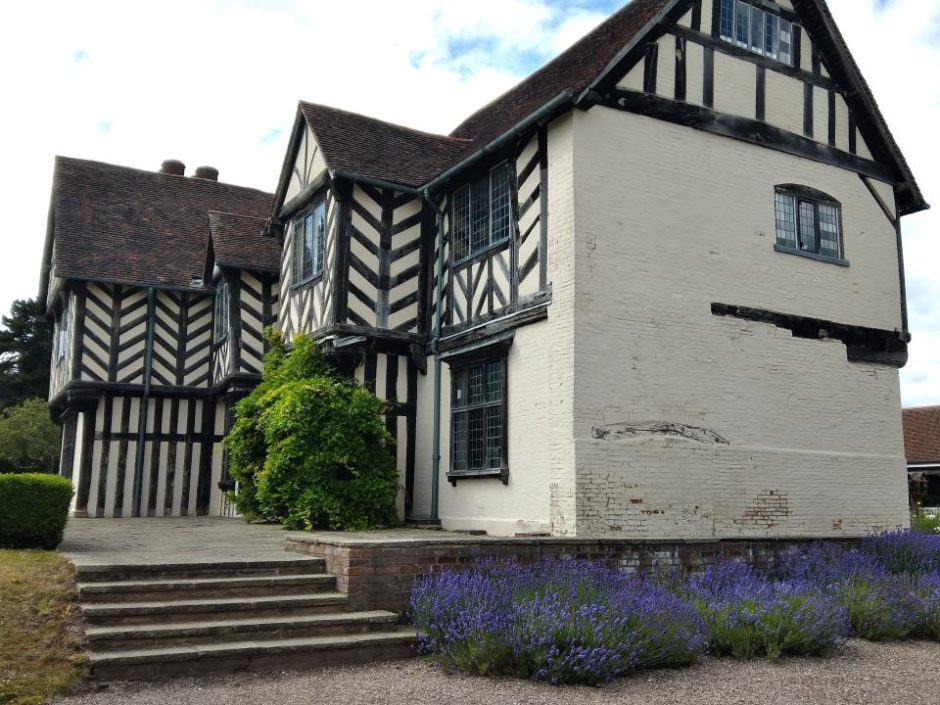
Campaign lead is co-op activist and economist Jeevan Jones, former vice-president of the Co-op Group National Members’ Council. While Birmingham’s financial picture remains grim, he is optimistic a lot can be done to protect community spaces amid the overall uncertainty and fear of fire sales of assets.
“When this happened there was a lot of media speculation around which assets were going to be sold off and how terrible it all was so a few of us said let’s do something positive. We fired off an email, volunteered Co-operative West Midlands and spoke to a range of people via our connections in the co-op movement. It was all pretty positive so I contacted someone and said I think we’ve got something, can you build me a website. Within seven days we were up and running and from there things went very quickly. By the end of September we had got hundreds signing up to join the campaign.”
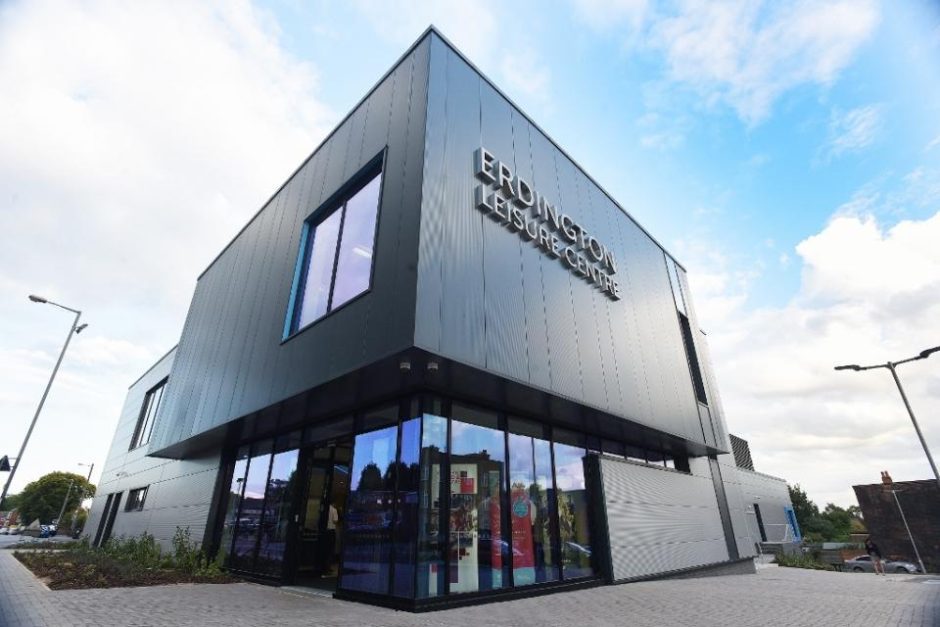
Partners in the co-op led coalition include Co-operatives UK, the Plunkett Foundation, Locality and Power to Change as well as organisations in the local voluntary and community sectors such as Birmingham Community Matters as well as lots of businesses and organisations representing different parts of the community. To date, over 1,000 residents have identified over 170 places that they care about on the website. As campaign organisers point out, current local government legislation offers lots of constructive alternatives to losing valued spaces.
Designating a building, venues, parks or other council-owned facilities as an “asset of community value” gives local residents a “right to buy” if and when a council considers selling an asset – delaying the sale by around six months. If the community raises enough funds and is successful, this can lead to residents taking responsibility for owning and running the asset – with co-operative solutions. But with hundreds of assets potentially up for sale, how do you choose?
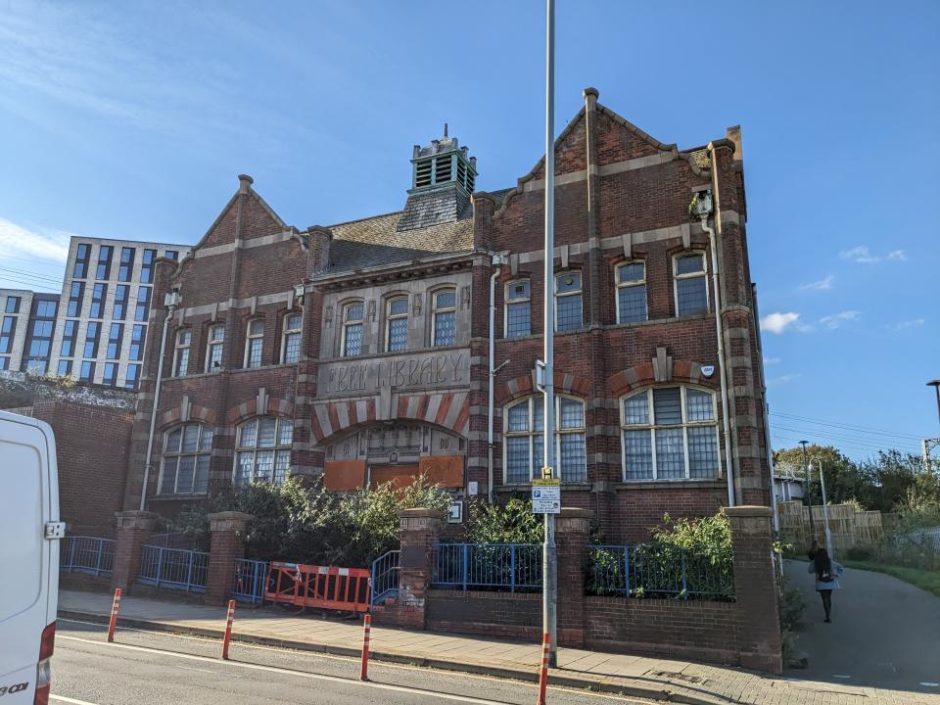
Jones said: “We could have simply got an Asset Register from the council but we wanted people to prioritise the places which really mattered to them. All the media speculation was about the big prestigious city centre buildings but common themes were around protecting local libraries, parks and leisure centres.
“So we will be asking the council: if you do need to sell, can you consider a community-owned option that keeps those buildings accessible to the community? We have got some significant funding from partners willing to support us.”
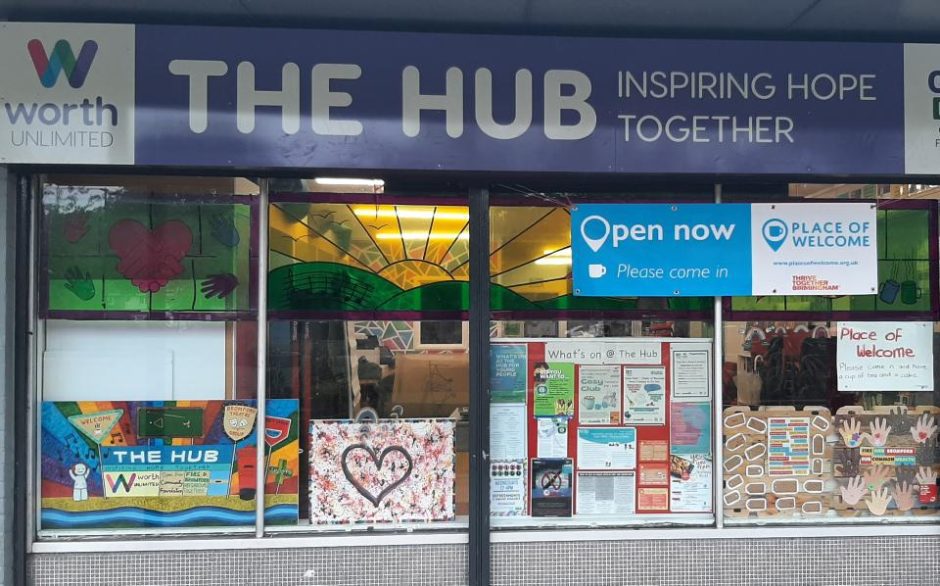
He adds: “Longer term, we want to work with them to explore and develop co-operative solutions for public spaces and services. This could include potential funding opportunities where residents want to take over the running of their community places.
“We have had a meeting with the leader of Birmingham City council that was really positive and we are now working on a joint statement of intent on the back of the cross-party council motion. We are in the process of agreeing that but everything is still up in the air.”
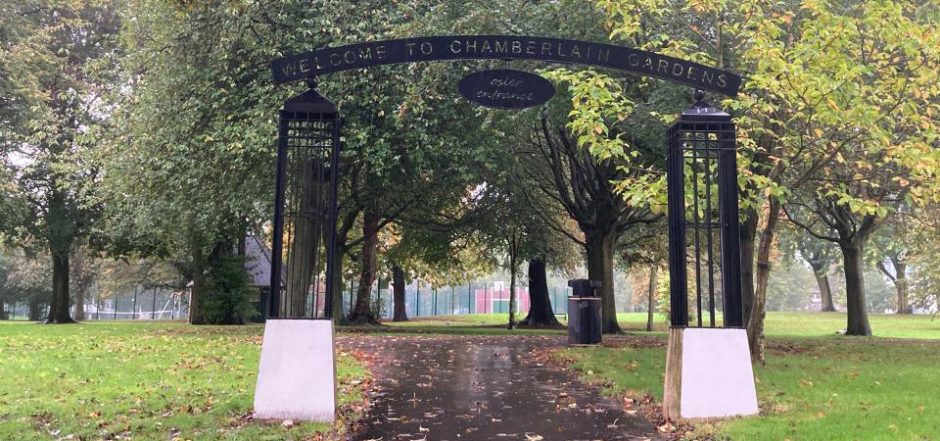
A draft budget is in the process of completion and an emergency budget meeting was due to be held in early January. Birmingham council leader John Cotton has ruled nothing out, saying “everything was on the table” as the council got ready to look at its budget and savings for the new year. However, council leaders have also pledged to do their best to avoid the full-scale fire sale feared by campaigners who nevertheless remain positive about future prospects.
Jones said: “The numbers are quite scary from our perspective, however, we are willing to wait and see what happens. We want to work together and now we have significant funding we can draw in national advice with partner buy-in expertise working with communities to make it easier for them.
“You cannot just dump an asset on a community, so we have got partners willing to offer days of expert advice. We have also pulled together a round table of partners to produce a toolkit to help community groups that might also help other local authorities in a similar situation not only save money but promote community projects.”
He added: “The current crisis of local government offers an opportunity for co-operation and community asset transfers and we are just at the very beginning. If we can come out at the other end with a ‘Birmingham Model’ which can be replicated, an awareness of the potential for community-owned spaces that’s a real bonus. The other thing we might do if the council is serious about large scale community asset transfers is work with them to bring that about.
“Our preference would be to help communities create their own groups with us offering a facilitating and empowering role. We want to develop community and co-operative solutions for council-owned or run spaces and services, learning from good practice elsewhere in the country to ultimately make things better for Birmingham’s residents and communities.”